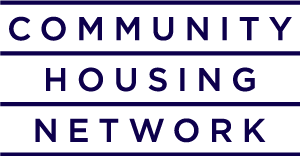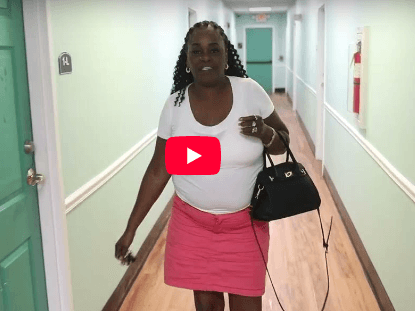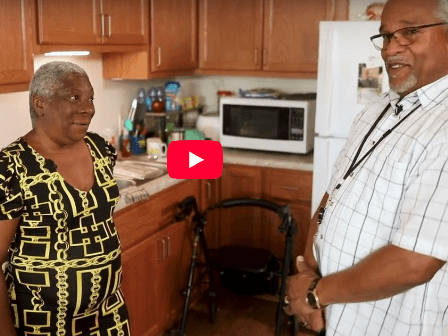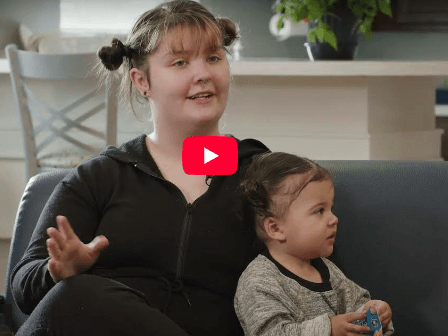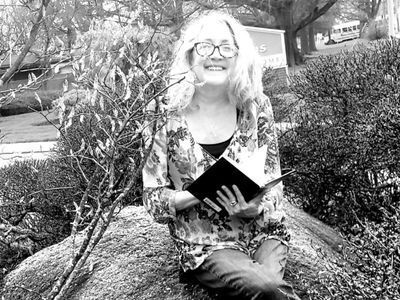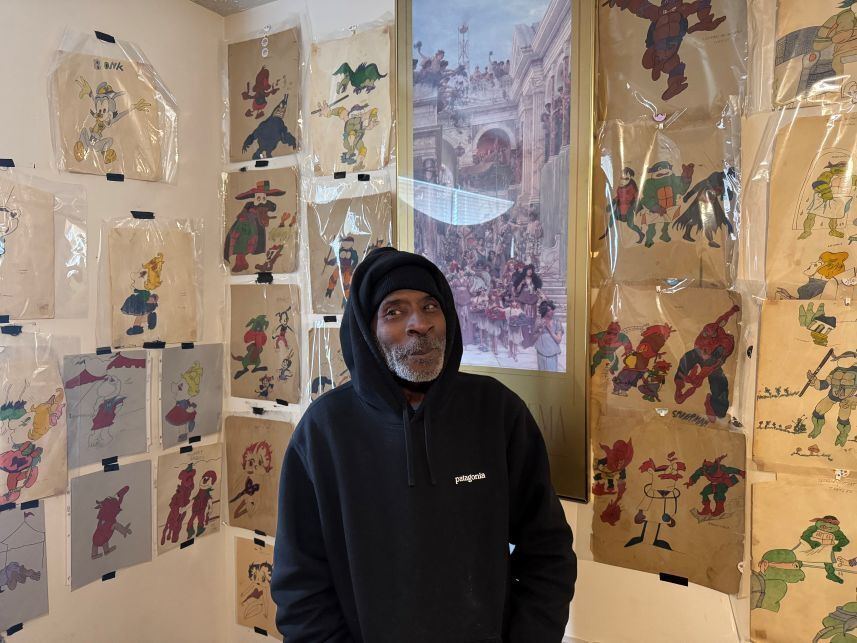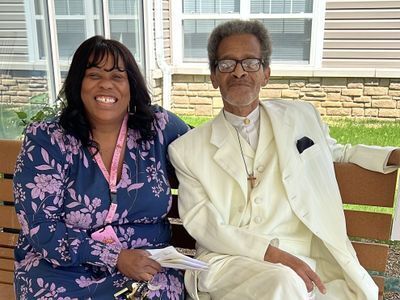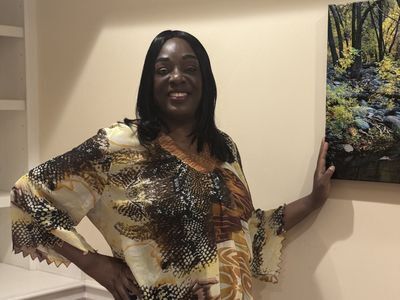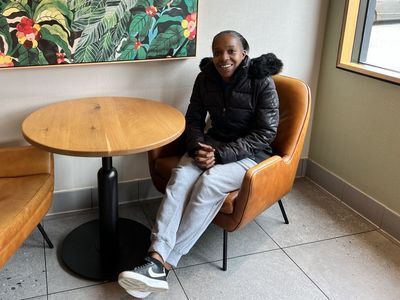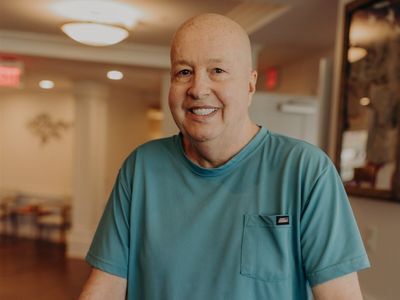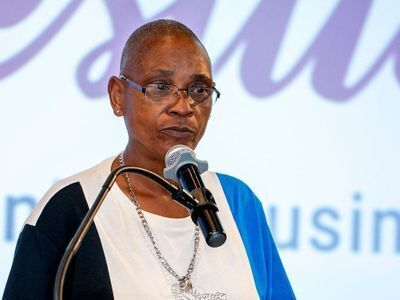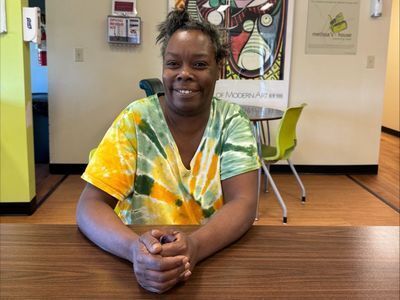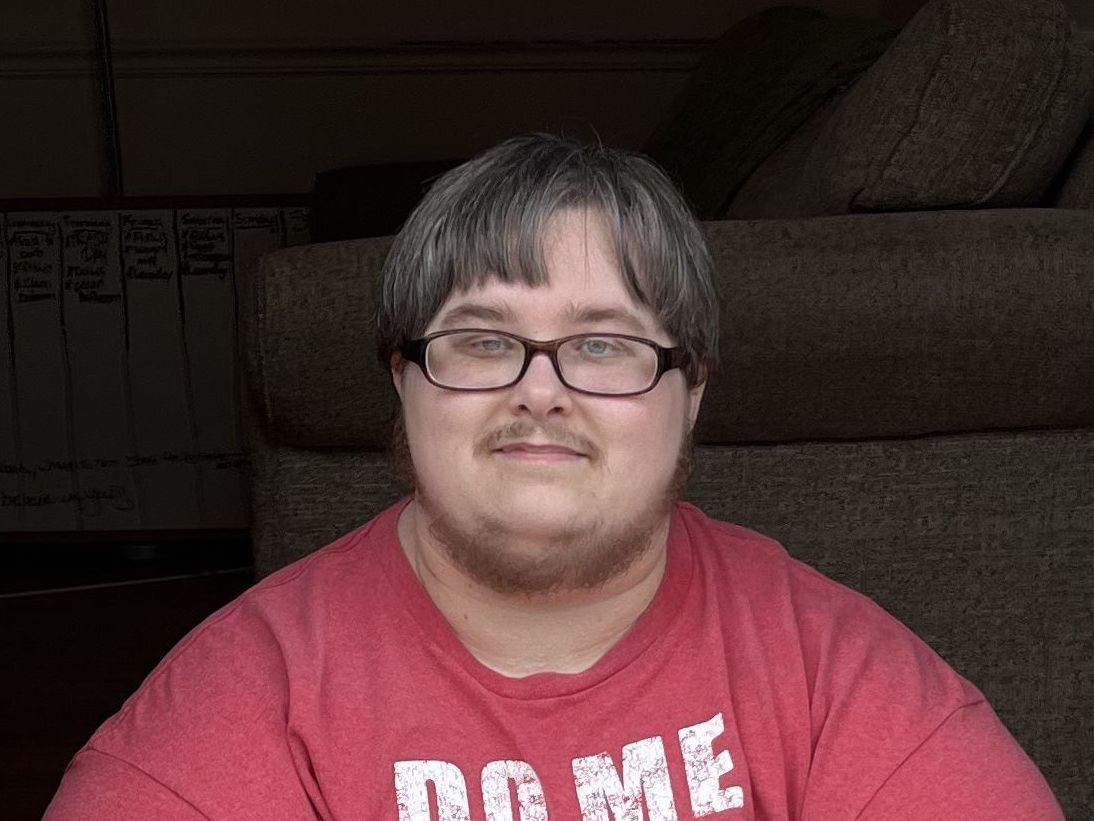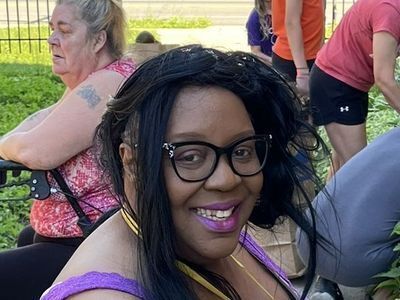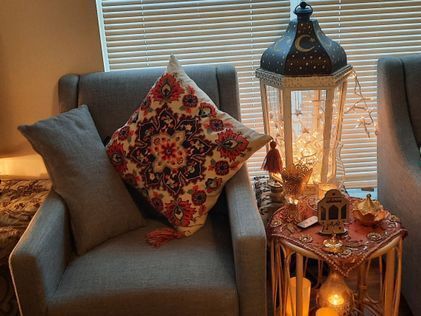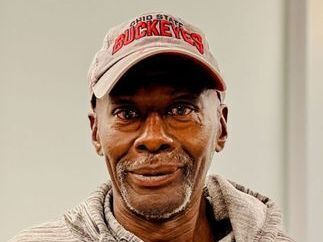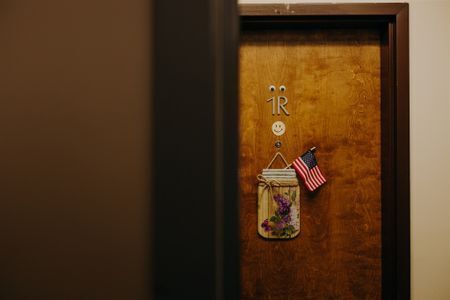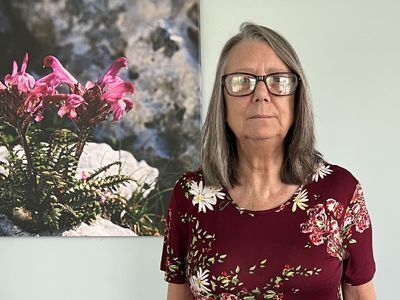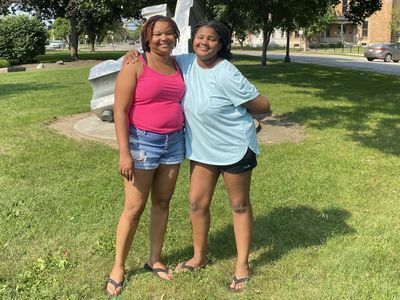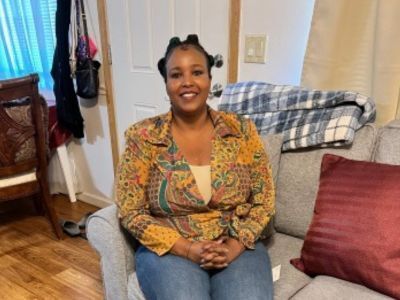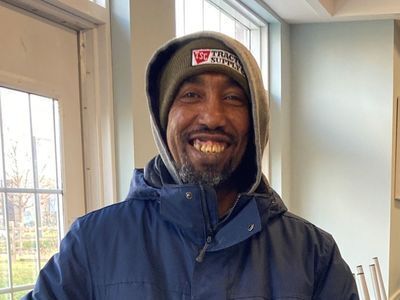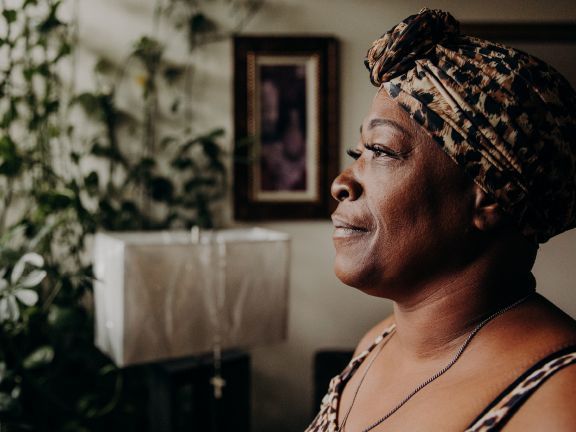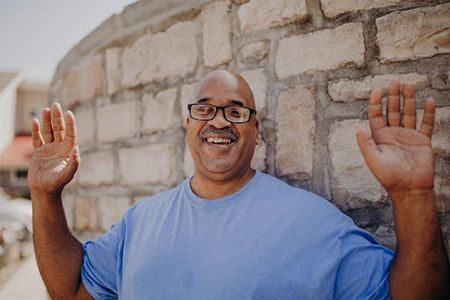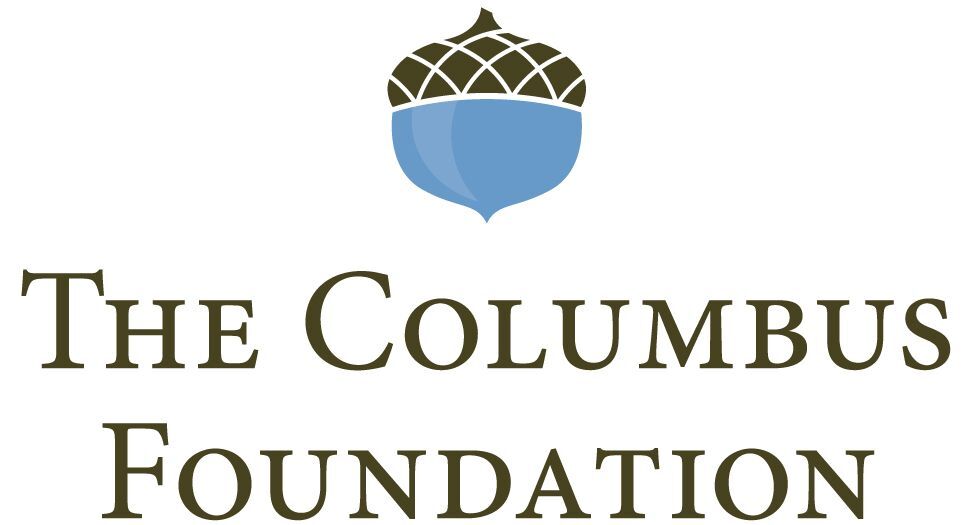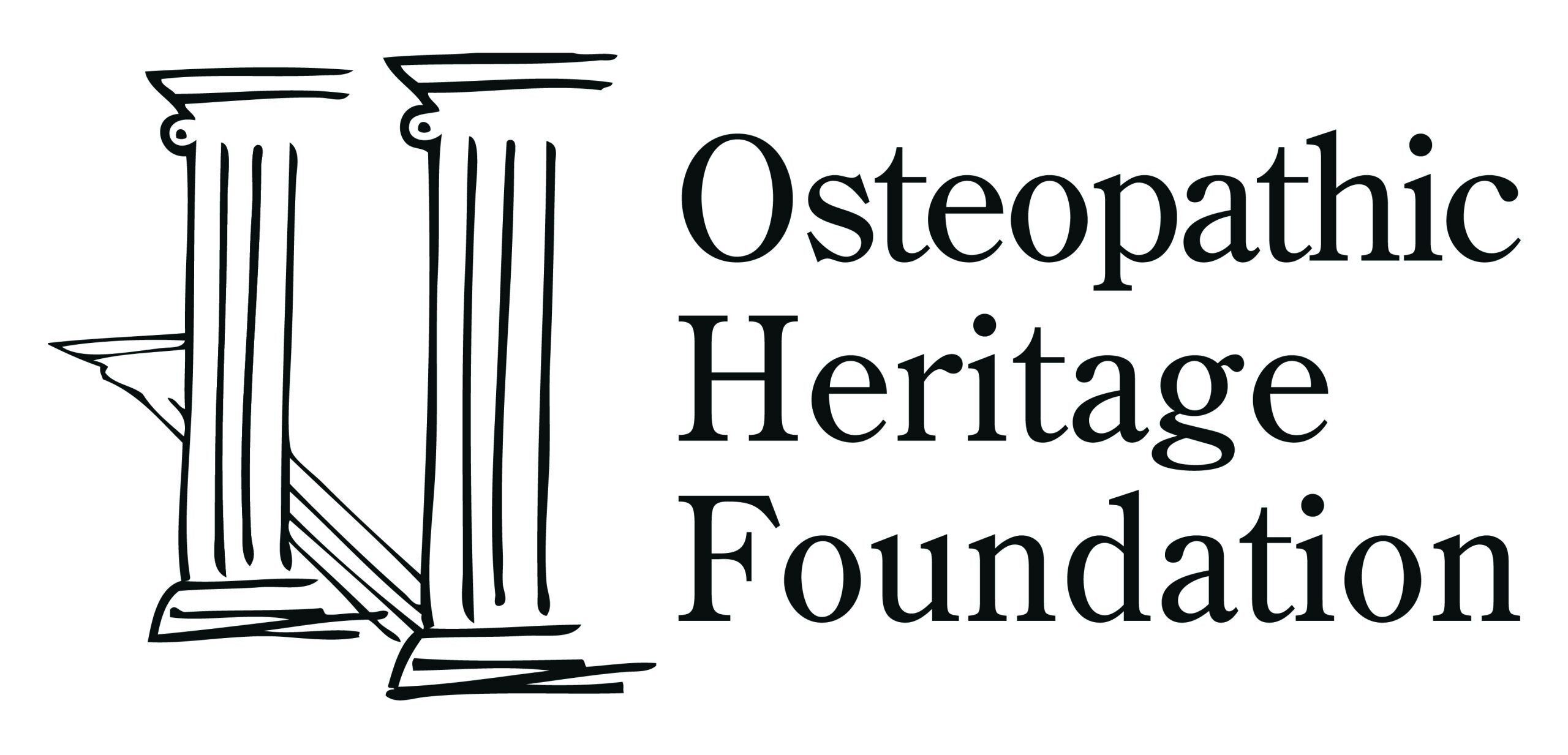Meet the resilient.
In our 38+ years, Community Housing Network has built more than housing. We’ve built a model that affirms the resiliency and resourcefulness of each individual we serve.
We know that what we do works. We see it in residents who call a CHN building home for many years—and in those who leave CHN ready to rent or buy on their own. We see it in those who’ve broken the cycle of domestic abuse—and in those who nurture healthy kids in our family units. We see it in everyone who stands a little taller because they know they have solid ground beneath their feet and support by their side.
Community Housing Network meets each resident where they are, so we can help them get where they want to go. And while the journey is different for each person, it always starts with home.
These are the stories of just a few people who call a CHN property home:
After surviving months of uncertainty—sleeping in her car and moving between shelters—Beth found more than housing when she moved into Community Housing Network: she found safety, stability, and a place to grow.
Learn how a secure home and supportive services helped Beth focus on her mental health, pursue her art, and build a future rooted in dignity and community.
Click the photo to read more of Beth's story...
After nearly 45 years of homelessness and unimaginable hardship, Sam finally has a place to call home. His story is one of survival, creativity, and the life-changing impact of safe, stable housing through Community Housing Network.
Click the photo to read more of Sam's Story...
Donald’s journey to permanent housing was filled with challenges—but everything changed when he moved into Poplar Fen Place. With support from his case manager and CHN staff, he finally found safety, dignity, and a place to call home.
Learn how stable housing helped Donald regain his independence and peace of mind.
Click the photo to read more of Donald's Story...
After surviving foster care, chronic illness, and sleeping in a park during the pandemic, Iziek found stability through CHN—and now he's building a future full of possibility.
His story is one of service, strength, and quiet resilience.
Click the photo to read more of Iziek's story
After surviving childhood trauma, severe illness, and housing instability, Tanya’s path to healing began when she found stable housing through CHN. Today, she’s healthy, housed, and supporting her own daughter and grandchildren—grateful for a future that once seemed impossible. Tanya’s story is a powerful reminder of what’s possible when people are met with compassion, support, and a place to call home.
Click the photo to read more of Tanya's story...
Destiny first experienced homelessness at a young age when her family was forced to stay in a shelter—she knew she wanted a different future. When she grew older, like many young adults, the cost of living made it impossible to move out on her own. She spent years moving between her parents’ homes—until she found Community Housing Network.
Click the photo to read more of Destiny's story...
After experiencing homelessness for a decade, Timothy rebuilt his life through determination and support, overcoming challenges like mental health struggles, physical ailments, and even cancer. Now thriving in CHN housing, Timothy dedicates his time to helping others, serving on boards and advocating for those in need. His story is an inspiring reminder of the transformative power of community and the importance of never giving up.
Click the photo to read more of Timothy's story...
For 30 years, Senseera faced addiction, homelessness, and untreated mental health challenges, living in isolation and despair. But everything changed in 2006 when she moved into a CHN apartment, which became her lifeline to recovery. "CHN helped me realize that it’s okay to talk openly about mental health. There’s no shame in seeking help. And when I hit rough patches, I learned that I don’t have to struggle alone – I have a community behind me.”
Click the photo to read more of Senseera's story...
Ossie moved into CHN housing in August 2022 after living in an extremely toxic and violent situation at a group home. The distressing conditions led to post-traumatic stress disorder. She was connected to CHN through her case manager, and now she is proud of her home and herself. Ossie says, “[CHN] brought out the best in me.”
Click the photo to read more of Ossie's story...
When Joey’s mother passed away, his world was turned upside down. At just 22 years old, he lost not only his best friend but also his sense of security. The weight of this loss sent Joey into a spiral of severe depression, leading to the loss of his job, his home, and even his beloved cats. Struggling to cope with the overwhelming grief and mental health challenges, Joey eventually found himself in a shelter. It was there that he was connected with the CHN, where he finally gained access to stable, permanent supportive housing. But securing a home was just the first step—Joey needed more help to begin healing.
Click the photo to read more of Joey's story...
Before connecting with CHN, Felita endured five months in a shelter and frequently moved between apartments. Hoping for a fresh start, she relocated to Las Vegas, Nevada, but faced years of instability, a toxic relationship, and substance use disorder. After 15 years of unreliable housing, she returned to Columbus. Initially, she stayed on a friend’s couch, but this arrangement was short-lived, leading to homelessness. Felita’s situation began to improve when she connected with CHN and secured her own apartment.
Click the photo to read more of Felita's story...
CHN resident Harbieh loves to decorate her home for Ramadan every year, turning her home into a beautiful, serene space for her to observe the holiday. She is an avid DIY-er, and enjoys turning thrift store and dollar store items into colorful decorations. We are honored at CHN to provide safe, stable housing for Harbieh, allowing her to practice her faith with family, peace, and community.
Click the photo to read more of Harbieh's story...
Thomas has struggled for many years with insomnia and suicidal ideation after experiencing childhood trauma. He turned to drugs and alcohol to cope, and eventually lost both his housing, and his hope for the future. After experiencing homelessness for 6 years, Thomas was connected with a case manager and introduced to CHN.
Click the photo to read more of Thomas's story...
Pauline experienced homelessness throughout her life, and physical and mental health challenges made it difficult to maintain stability. She spent the two years before coming to CHN living in her car, working as many temporary jobs as she could and hoping one day, one of those jobs would become permanent. She struggled immensely during this time, saying of homelessness that “it gets to you, mentally and physically.”
Click the photo to read more of Pauline's story...
Lynn came to CHN in December 2022 when our newest building, Touchstone Field Place, was opened to residents. She had become homeless after losing her job, and sought help from a shelter where she stayed for nine months.
Click photo to read more of Lynn's story...
Courtney and her children moved into their CHN apartment in 2017 and continue to thrive. The “mother hen” of the building, Courtney is always there to help her neighbors and even started a support group.
Click photo to read more of Courtney's story...
Michael first experienced homelessness when he was abandoned by his family at 12 years old. Throughout his youth and into adulthood, he lacked stable housing.
Click photo to read more of Michael's story...
Ayaan was eager to fit in and got involved with a bad crowd, leading to a downward spiral. With support from her CHN Supportive Housing Coordinator, Simona, and NCMH, she has maintained sobriety and turned her life around.
Click photo to read more of Ayaan's story...
Rhonda spent almost 20 years in the system, bouncing around from group homes, to foster homes, and ultimately to the streets. When she received the call that CHN had an apartment for her, Rhonda was in the hospital after giving birth to twins. After 16 years and a lot of hard work, Rhonda left CHN housing and became a first-time homeowner.
Click photo to read more of Rhonda's story...
Bashir found himself homeless in 2015. During his time homeless, he encountered many adverse situations that he was forced to overcome, such as a brutal mugging that put him in the hospital. With the help of his shelter case manager, he was connected with CHN in the fall of 2017 and was able to quickly move into his new apartment on October 2, 2017.
Click photo to read more
When she first met her CHN service coordinator, Sheila was struggling—with drug addiction, health issues, paying rent, and finding food. Sheila’s untreated addiction had led to her losing her job, a crushing blow in anyone’s life. Her circumstances, and mental and physical health, were all suffering. She needed some support to get back on her feet.
Click photo to read more of Sheila's story...
Fletcher has lived at CHN’s Briggsdale property since it opened in 2006—he likes to describe himself as “the OG” of the building. In more than a decade of residency, he has transformed his apartment into a home full of character and cheer.
Click photo to read more of Fletcher's story...
